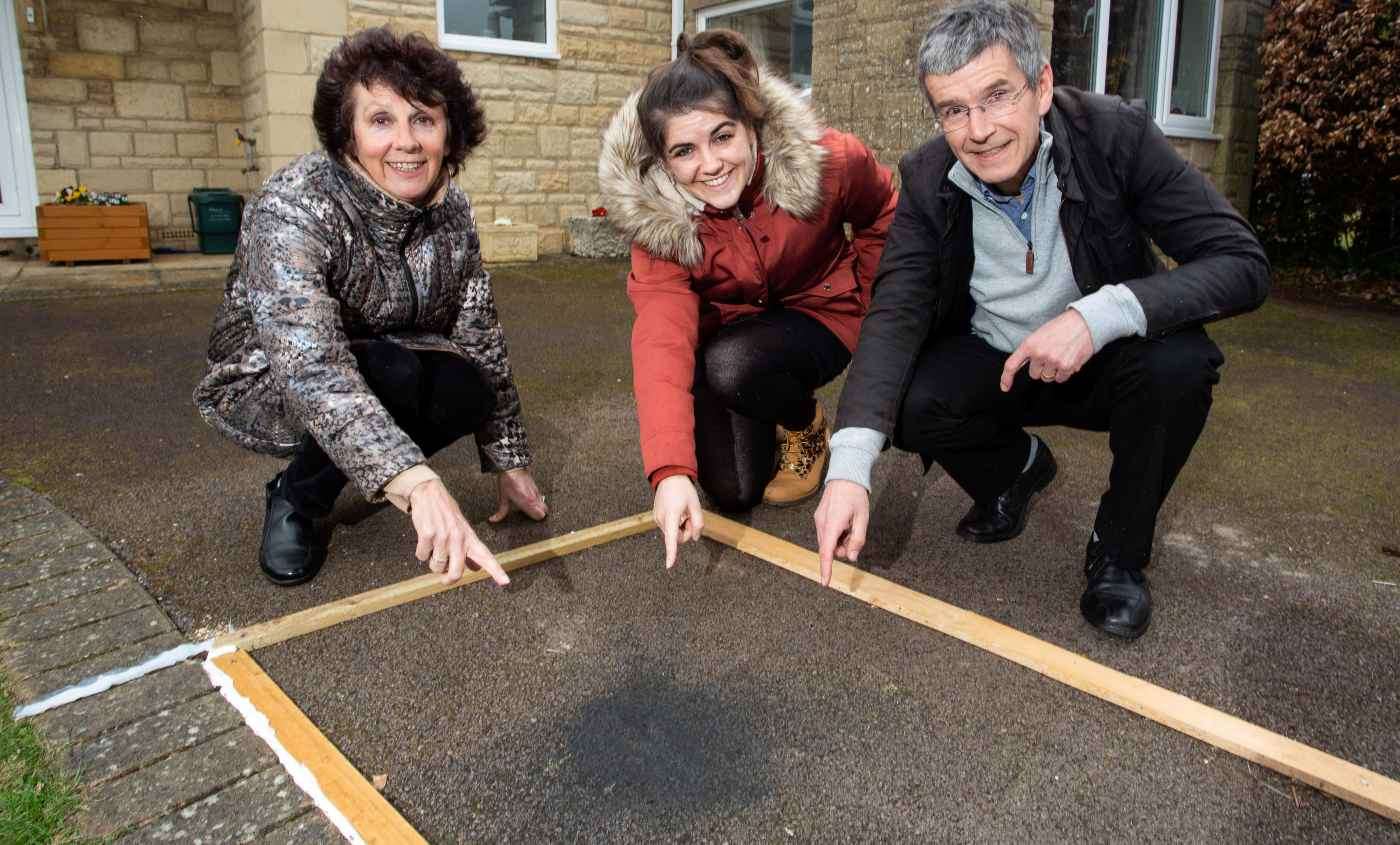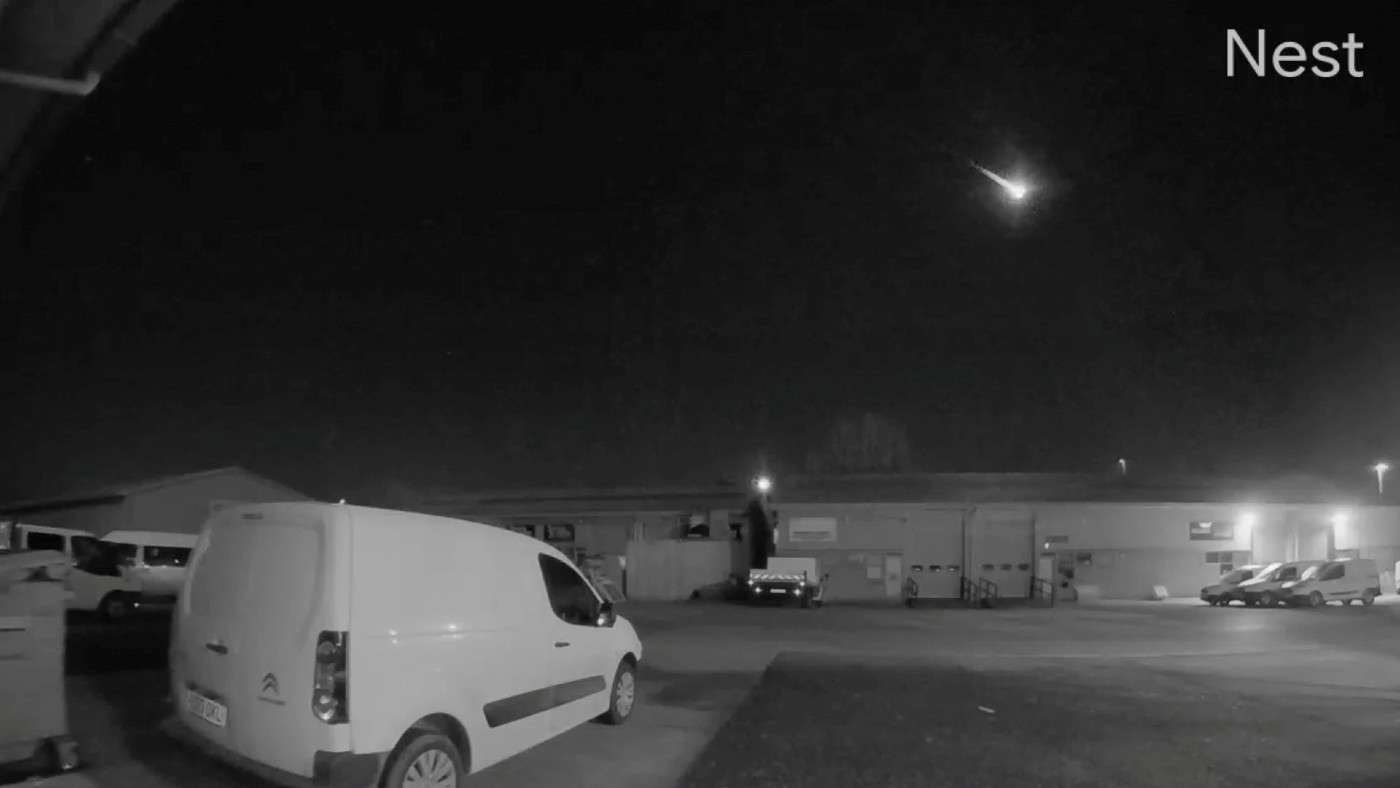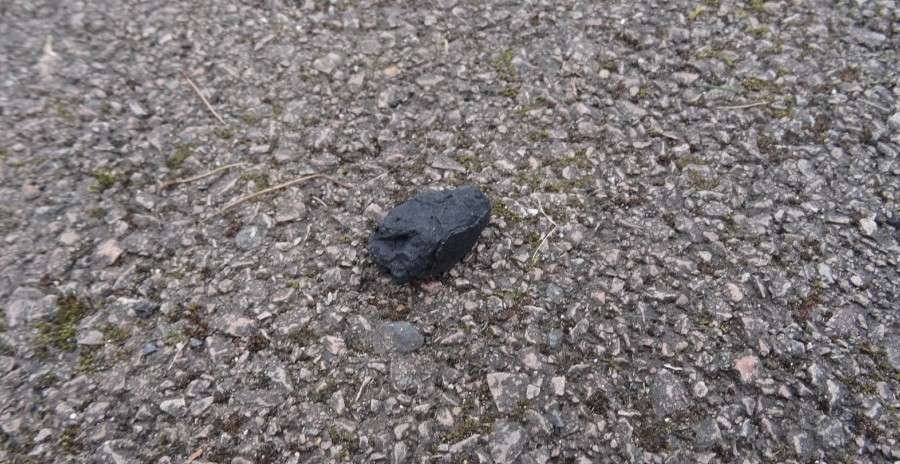These Floating Islands Will Form a 'Parkipelago' in Copenhagen's Harbor
In the harbor of Copenhagen, floating green islands built by designer Studio Fokstrot become one of the first "parkipelagos" on Earth.

An English family has been astounded to find themselves at the center of a major scientific discovery that's had scientists weak at the knees-as their driveway has been hit by the most valuable space rock ever to fall on Britain.
In late February, in the home she shares with her mom and dad, Hannah Wilcock heard a dull, thumping noise outside her window.
She looked out to see where the sounds were coming from, but because it was dark she couldn't see what it was.
Her first guess? Someone in the Cotswolds must be driving around, and throwing lumps of coal in people's driveways for some reason.
She went and spoke to her mom Cathryn. Given the recent mild weather, they decided maybe a disposable charcoal grill had been dumped?
That might explain the strange sounds.
Of course, it was neither of those things.

What was hitting their Gloucestershire home was, in fact, carbonaceous chondrite-a dark, stony material that retains unaltered chemistry from the formation of our Solar System 4.6 billion years ago.
When Open University planetary scientist Richard Greenwood looked at the Wilcocks' picture of what had landed outside their front door, he was blown away, and was soon despatched to take a look.

"It was one of those moments when your legs start going wobbly," he told the BBC. "I saw this thing; it was like a splat across [the] drive; and it had all these rays coming off it; and I just thought-that is a meteorite. It was instantaneous."
Such a rare find could fetch high prices from a collector, but the Wilcock family would rather the fortuitous ‘coal lumps' in their backyard go to science rather than onto a collector's shelves.
After all, these meteors could give scientists real, fresh insights into how our very planet came into being.
SHARE the Far-Out Find With Pals on Social Media…
Be the first to comment